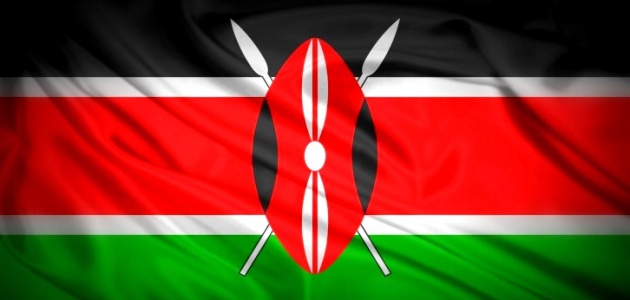By Alice Aparo |
Uganda’s biometric digital identity program was introduced to enhance security and ease access to public services, including health units. The government embarked on a nationwide mass registration of citizens for digital national identification (ID) cards in April 2014. During the process, biometric data such as fingerprints and facial images of Ugandans above the age of 16 years are captured on enrollment and stored in a centralised database. However, more than 15 million Ugandans remain at risk of being excluded from accessing essential public services and entitlements as they lack national digital identity cards.
Uganda’s digital ID system is an extensive, data-intensive system that links the national ID to public social services. In August 2022, Uganda announced plans to upgrade the current national identity card to include additional personal details such as blood type, palm print, and eye scan information. This system is administered primarily by the National Identification and Registration Authority (NIRA) which is also responsible for the issuance of the IDs to citizens. However, the implementation of the system falls short of the expectations of some Ugandans due to technical gaps, denial of entitlements, and the corruption among officials. By September 2022, the National Identification Register had 25.9 million Ugandans registered, with an estimated 17.4 million citizens yet to register to attain a national ID.
The Uganda digital ID card that is commonly known as Ndaga Muntu has become a mandatory “gate pass” to access several public services and government premises. Older persons living in poverty face peculiar difficulties with the national ID system, especially those aged more than 80 years, and those who live with disabilities and are required to travel to the NIRA district offices for enrolment. Citizens who do not have the national ID cards are denied access to services such as Uganda’s Senior Citizens’ Grants, National Health System, School capitation grants, property acquisition, access to land title deeds and assets registration, National Social Security Fund’s social security benefits delivery, driving permits, SIM card registration, bank account opening, passport acquisition and voter registration.
In addition, unregistered pregnant women are sometimes unable to access health services without the Ndaga Muntu. Further, citizens without the Ndaga Muntu, are often questioned by law enforcement officials about their identity and nationality.
Given these challenges, Ugandan-based civil society organisations (CSOs) sued the government of Uganda over the national digital ID at the Uganda High Court. They highlighted the exclusion of millions of unregistered Ugandans, such as aged persons, vulnerable persons, and persons with disabilities, and people with errors on the ID Cards who are limited from accessing potential life-saving services. The CSOs requested the court to declare that sole reliance on the national ID system to access health services and Social Assistant Grants for Empowerment (SAGE) benefits, among other social services, is exclusionary and discriminatory and violates human rights.
On March 23, 2023, Uganda’s High Court accepted an ‘Amicus Curiae’ brief from three human rights organisations, Access Now, ARTICLE 19, and the Collaboration on International ICT Policy for East and Southern Africa (CIPESA), in a suit challenging the country’s national digital identity scheme. The brief presents expert opinion to the Court on the potential impact of the digital ID program on human rights including the right to privacy, the right to freedom of expression, as well as intersecting economic, social, and cultural rights, by providing experiences from national, sub-regional, regional and international levels.
In conclusion, many Ugandans still lack the national ID. Therefore, the government should implement alternative means of identification to enable those without a national ID to access national public services without discrimination. In addition, it should put in place measures to address the challenges faced in the roll-out of the cards and fast-track the issuance of cards to those already enrolled.


